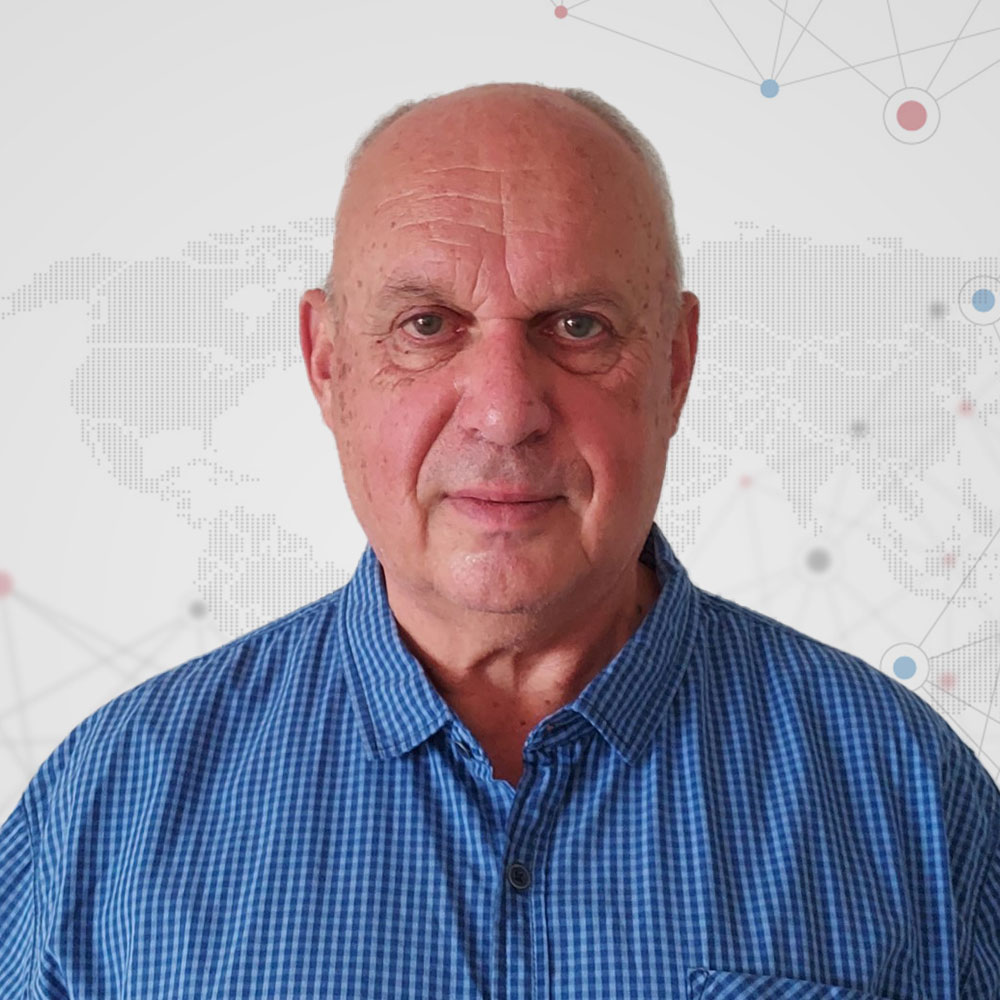Master Class Workshop
Vladimir Ioffe, Ph. D.
Scientific Expert, Lecturer and Advisor
Pharmaceutical Analysis
Kfar Saba, Israel
The workshop is based on the real case of development of an “HPLC package” to support chemical development of an innovative project, where the API is a comparatively “simple” small molecule – Oleyl α-Phenylglycinate. The molecule has a cis-double bond, a chiral center in α-position to aromatic ring and a labile ester bond. The product and starting materials for its synthesis (Phenylglycine and Oleyl Alcohol, which are also its dominant degradation products) have extremely different polarity and lipophilicity. In a “classic” RP HPLC method developed for this API, the peak of Phenylglycine elutes before solvent front.
The peak of Oleyl alcohol cannot be seen using UV detector due to lack of chromophore. This caused a need in developing of complementary methods:
- The method for “Polar Impurities” using a mixed-mode HPLC column and
- The method for Oleyl Alcohol – using a non-silica based RP column and evaporative detector (ELSD or Corona CAD)
These methods were also adjusted for analysis of starting materials. Most challenging was achieving of a reliable separation between Oleyl Alcohol and its trans-isomer. In addition, enantioselective separation under normal phase chromatographic conditions has been developed to determine enantiomeric purity.
This method was later upgraded to bioanalytical, with MS and MS/MS detectors equipped with APCI ion source.
The aim of workshop is to familiarize a mindset of the developer of HPLC methods and to converse the need in complementary “orthogonal” chromatographic procedures and diverse detection techniques for a complex coverage of all the characteristics of a pharmaceutical material.
Principles of work of evaporative detectors will be explained and the benefits of using alternative (non-UV) detection techniques discussed. Data processing for non-linear detection in HPLC will be enlightened. Specific case of MS detection following normal phase liquid chromatography will be also addressed.
Real cases of unpredictable troubleshooting sessions will illustrate the material. Influence of HPLC hardware and its compatibility with HPLC methods will be pointed out.
Questions of compliance of analytical methods for pharmaceutical industry to ICH (FDA, etc.) guidances will be briefly reviewed.
One of the most important points in analytical development for pharmaceutical industry which should be taken into account in an industrial R&D – to develop reliable and robust methods, friendly to a terminal user and – as simple as possible, taking into account that they are intended to be routinely run by QC analytical laboratories at a production site (“QC-able procedures”).
Presenting on an example of a comparatively simple molecule facilitates understanding and makes the workshop suitable for students and young analysts with limited experience.
Biography

Vladimir Ioffe, Ph.D., Scientific Expert, Lecturer and Advisor in Pharmaceuticcal Analysis.
- M.Sc. (Chemistry and Chemical Engineering), 1977, Moscow Academy of Fine Chemical Technology. Thesis: “Studies of porphyrines complexes with transition metals as catalysts of NAD-H autooxidation in a model of bypassing the respiratory chain”.
- Ph.D. (Organic Chemistry), 1984, Institute of Organic Chemistry, Academy of Sciences of USSR, Moscow. Thesis: “Investigation of mechanism of one-electron oxidation of aliphatic amines”.
- More than 50 publications and patents in various fields of organic chemistry, analytical chemistry and biotechnology and about 30 posters and oral presentations at international symposia.
- Last 30 years – work in the field of pharmaceutical analysis in R&D of pharmaceutical companies and biotech startups.
Last position before retirement: Associate Director and Scientific Expert, Analytical Development, Global R&D, Teva Pharmaceutical Industries, Ltd. (Israel).
Principal fields of interest:
- Innovative development of HPLC methods
- Upgrade of analytical HPLC procedures to bioanalytical
- RP HPLC of polar lipids and lipophilic chelators
- RP HPLC of new biologically active small molecules
- Combination of various detection techniques within one HPLC method
- Simultaneous development of auxiliary to HPLC analytical methods (planar chromatography, spectral and thermal methods, mass-spectrometry, etc.)
- Permanent public lecturer in various topics related to HPLC methods and instruments

